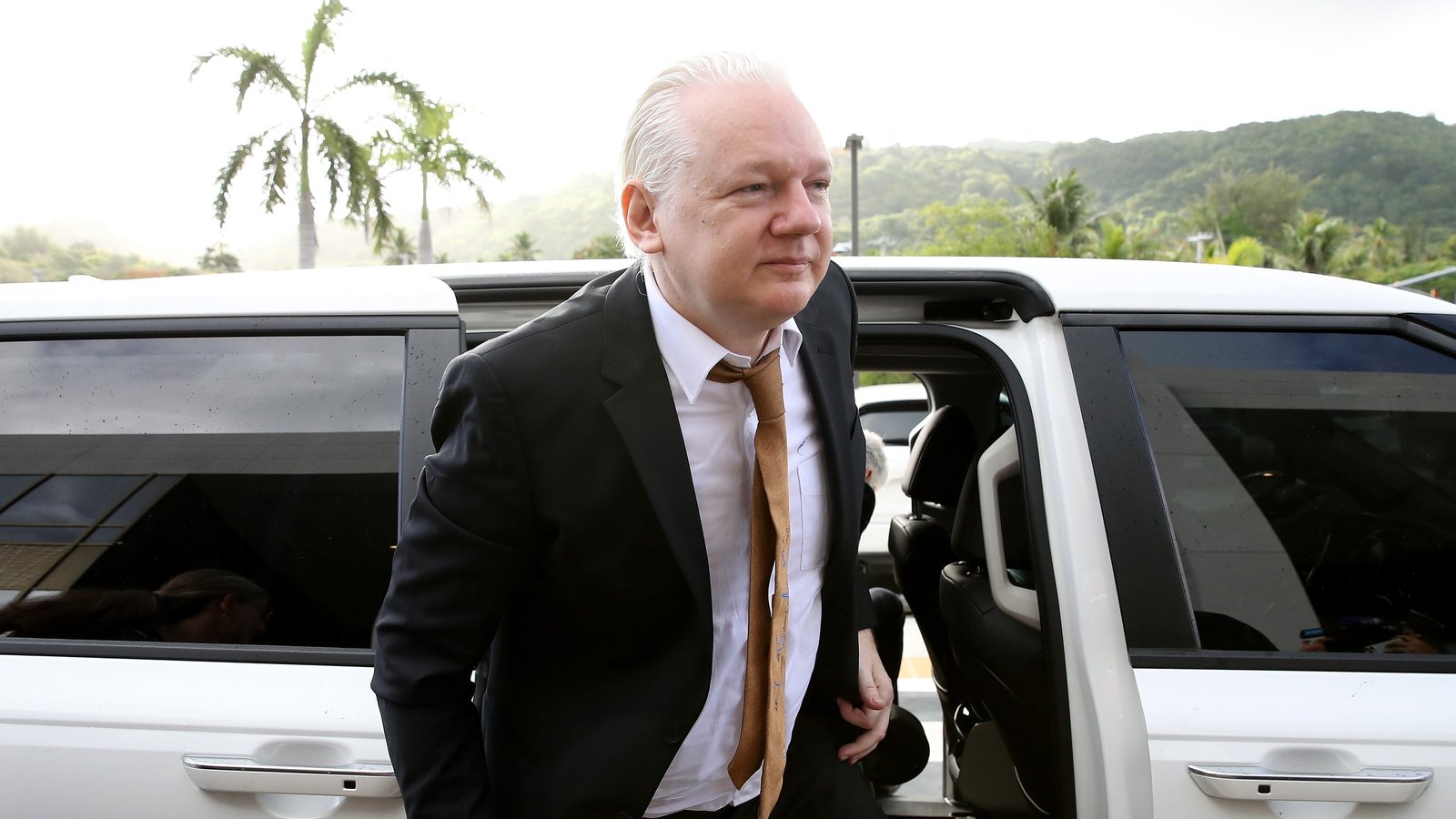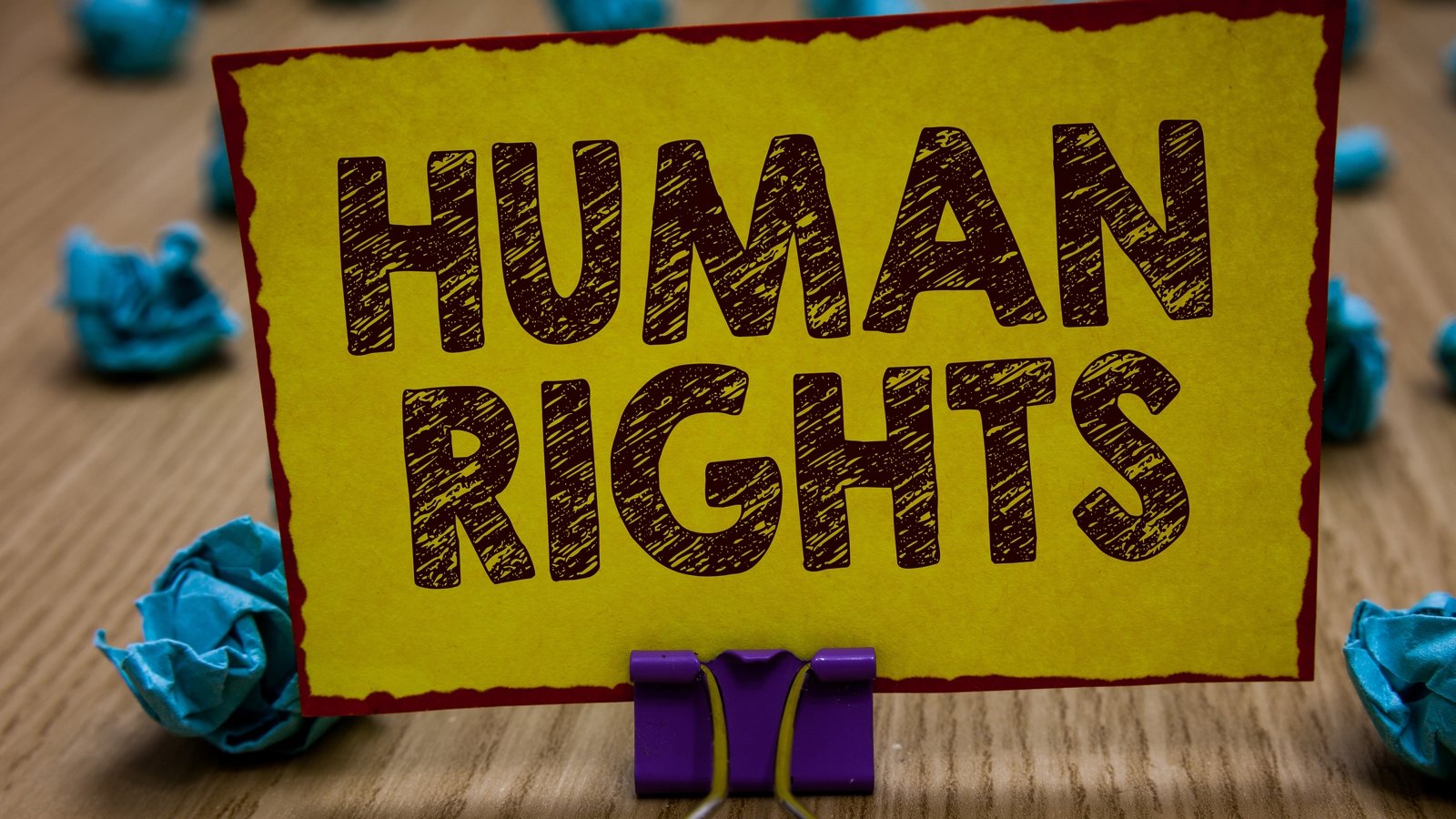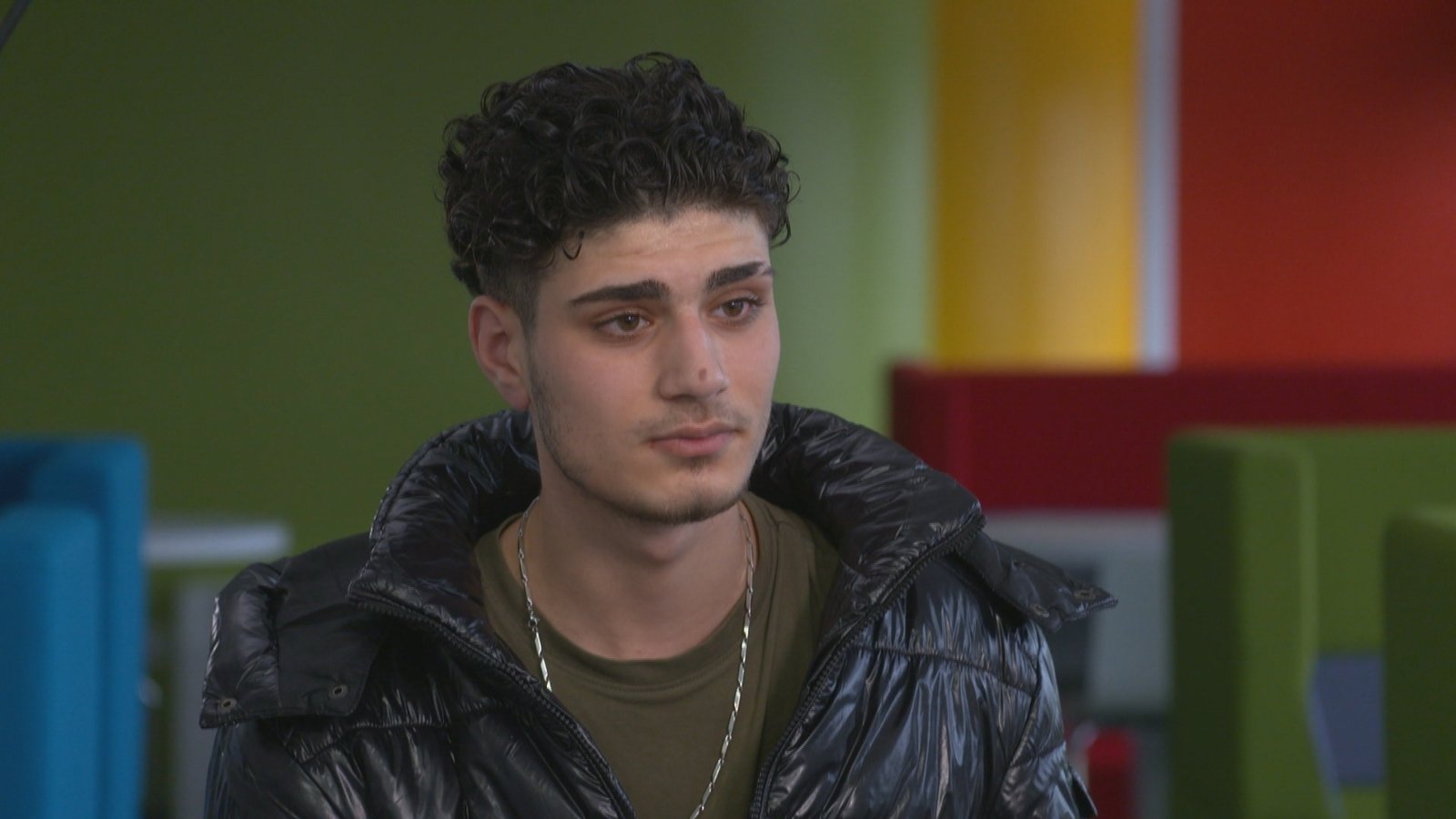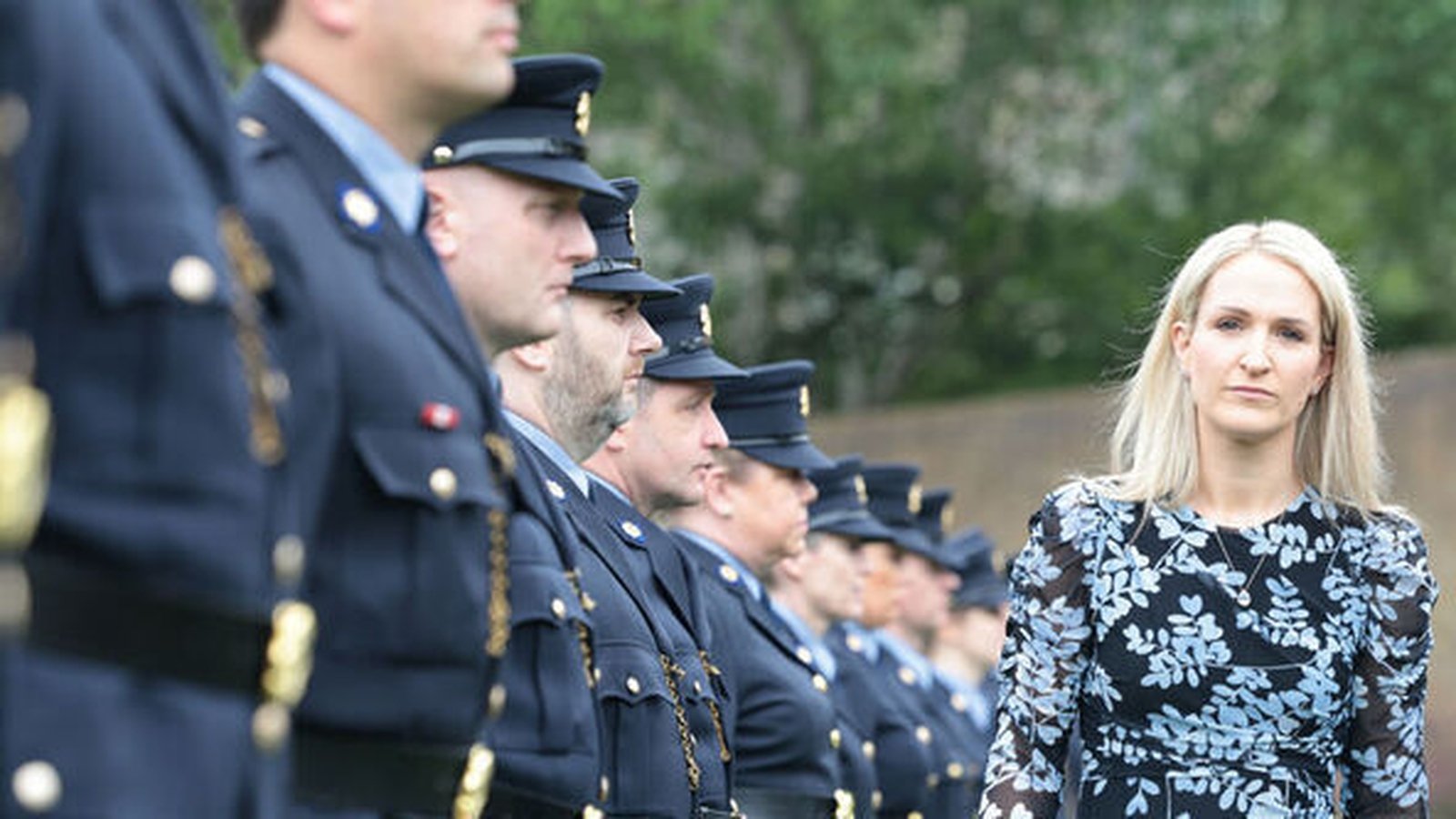State of emergency declared in Haiti as curfew imposed
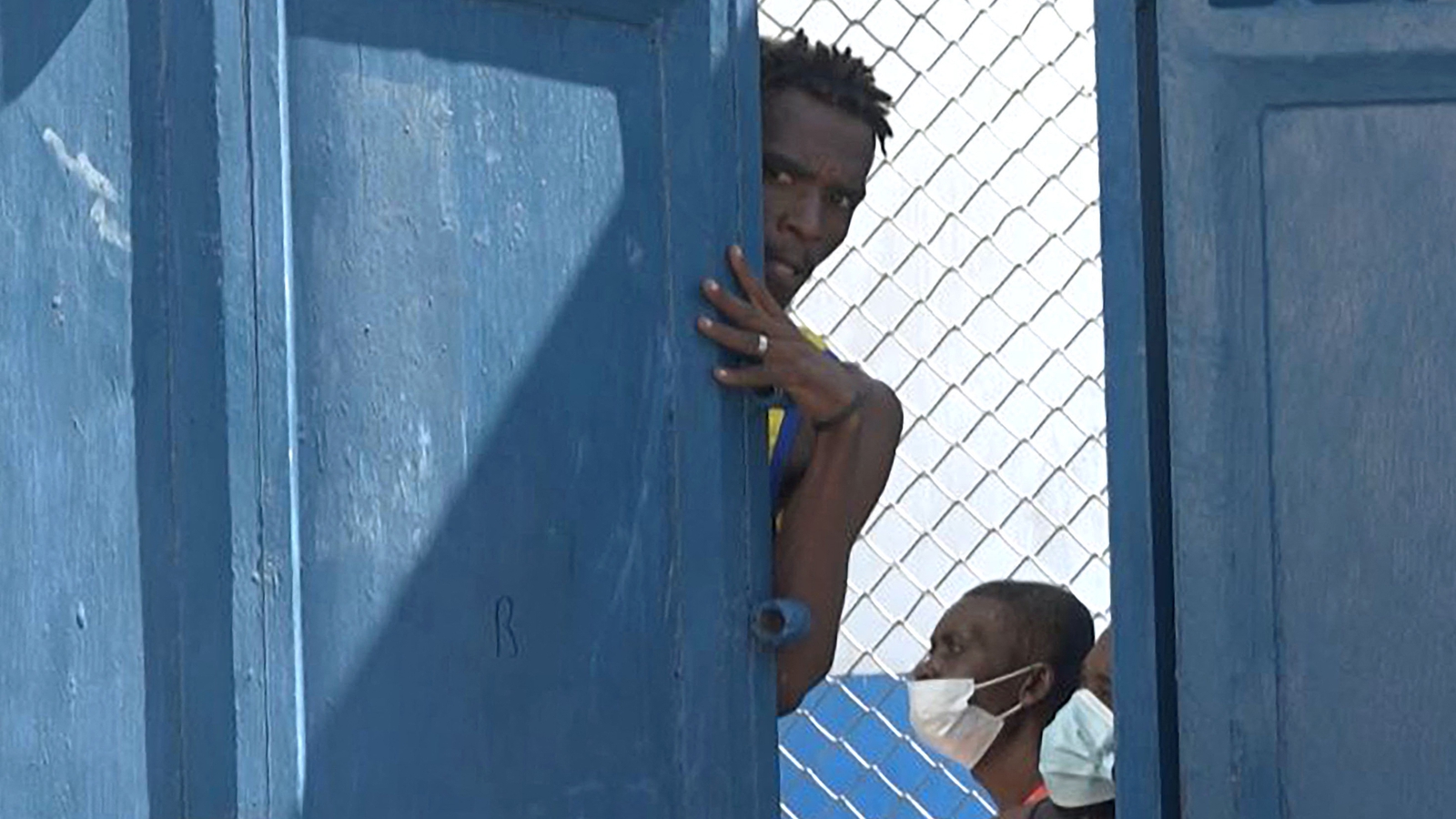
Haiti’s government has declared a state of emergency following violent clashes in the capital that have damaged communications and led to two prison breaks as a major gang leader seeks to oust Prime Minister Ariel Henry.
In order to restore order, the government last night imposed with immediate effect a curfew throughout the Ouest territory for a “renewable period of seventy-two hours,” the statement said.
“Between six in the evening and five in the morning on Monday 4, Tuesday 5, Wednesday 6 and this Sunday, March 3 2024,” the curfew will apply.
Law enforcement, firefighters, ambulance drivers, health personnel and duly identified journalists would not have to comply with the curfew, the statement added.
The emergency decree follows a dramatic escalation in violence over the weekend damaged communications and led to two prison breaks, including one at the country’s largest prison.
The chairman of Digicel, a major telecoms provider to the Caribbean country, said that lines had been affected following days of street violence in parts of the capital.
Field teams yesterday afternoon managed to fully restore the connection, Digicel Chairman Maarten Boute said in a post on X, thanks to the “brave technicians who worked tirelessly, in very precarious conditions to make this possible,” he added.
Heavy gunfire has caused panic in recent days aftercalls by gang leader Jimmy Cherizier, a former police officer, for criminal groups to unite and overthrow Henry.
Mr Cherizier heads an alliance of gangs and faces sanctions from the UN and the United States.
Armed groups on Saturday night attacked the country’s largest prison, defying Haitian police forces who had called for help.
Reuters visited the National Penitentiary yesterday where there were no signs of police officers and the main prison doors remained open.
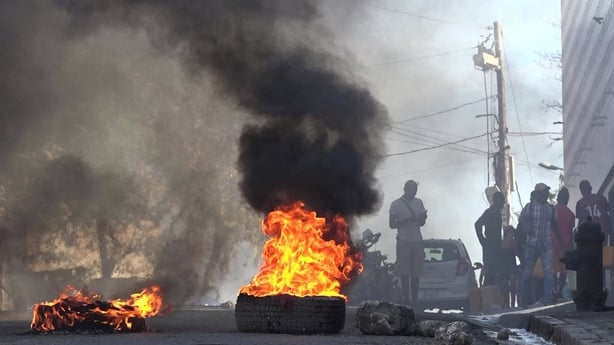
“I’m the only one left in my cell,” one unidentified inmate told Reuters.
“We were asleep when we heard the sound of bullets. The cell barriers are broken,” he said.
It was unclear how many inmates were on the run.
Sources close to the institution said it was likely an “overwhelming” majority.
The penitentiary, built to hold 700 prisoners, held 3,687 as of February last year, according to rights group RNDDH.
One voluntary prison worker said that 99 prisoners had opted to remain in their cells for fear of being killed in the crossfire.
These included several retired Colombian soldiers who were jailed for their alleged involvement in the assassination of President Jovenel Moïse.
The bodies of three inmates who had attempted to flee remained at courtyard of the jail complex on Sunday.
Mr Cherizier this week warned locals to keep children from going to school to “avoid collateral damages” as violence surged in the prime minister’s absence.
Nearly 15,000 people have been forced to leave their homes in recent days, with 10 sites hosting internally displaced people emptied over the weekend, according to the UN International Organization for Migration (IOM).
Prime Minister Henry, who came to power in 2021 after the assassination of the country’s last president, Moïse, had previously pledged to step down by early February.
He later said security must first be re-established in order to ensure free and fair elections.

